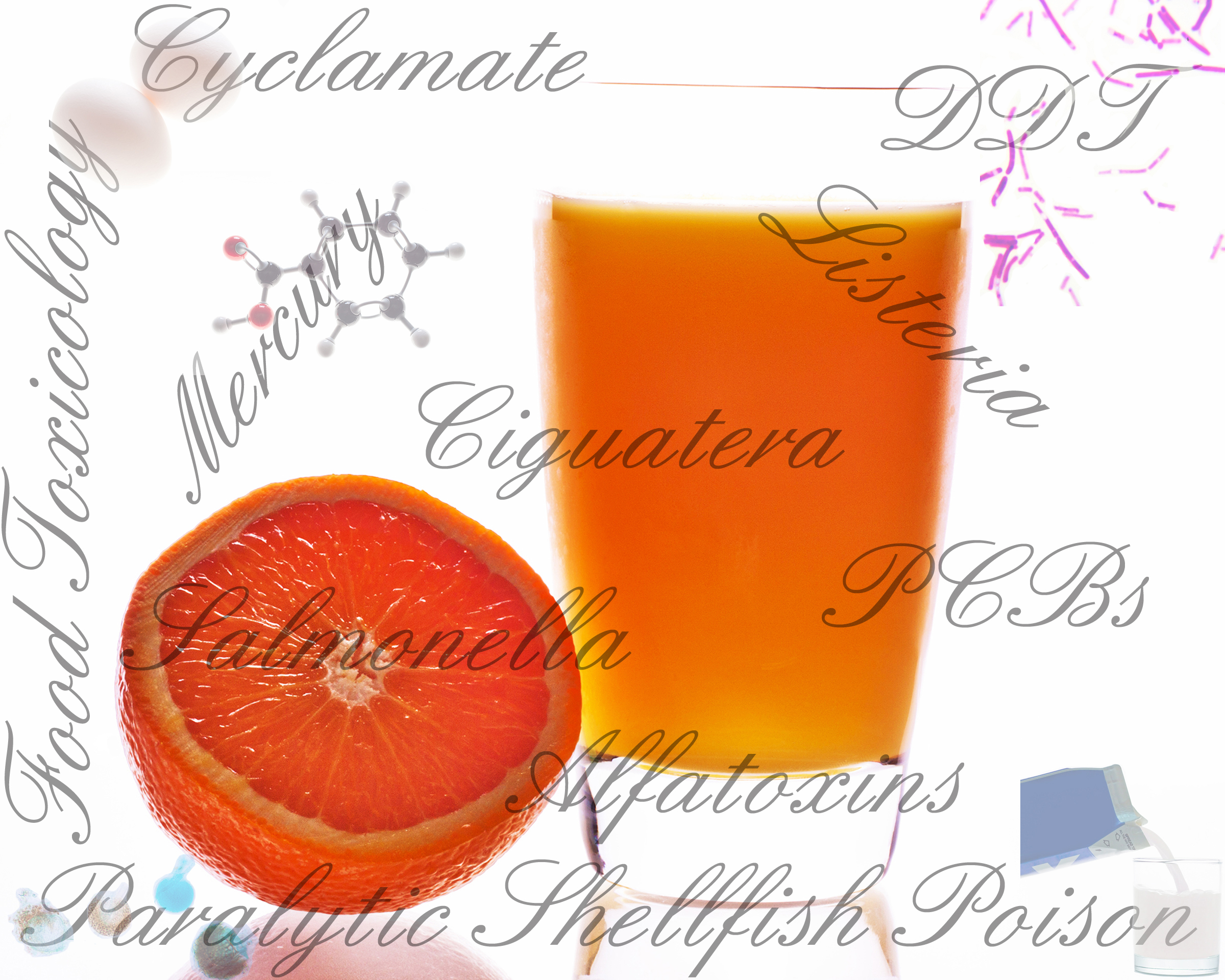March is Digestive Health Awareness Month!
Despite four Nor’easters in March….spring is close, days are getting longer, and soon plants will begin spouting. Be mindful of everything coming back to life, the wonderful clean smells of spring, and how awesome you’ll look and feel by limiting the toxins in your environment. With spring comes newness and an increased desire for us to improve how we look and feel. When it comes to health, prevention is the best medicine and knowledge of what we put in and on our bodies is a good illness deterrent place to start.
Our digestive health impacts every aspect of our overall health. Our immune system is 70% in our gut. We have over 100 trillion good and bad bacteria know as our microbiota. Within those numbers are 1,000 different species made up of 5,000 distinct bacterial strains. Everyone has their own unique bacteria mixture. Studies suggest that certain bacteria in our gut can treat and prevent many common diseases such as rheumatoid arthritis, cancer, and heart disease. We manufacture 90% of our serotonin (happy neurotransmitter) in our digestive tract. Foods high in tryptophan positively impact brain serotine levels. Good digestive health requires we make smart choices in our foods and products to improve our mood and overall wellness.
Eating organic, non-GMO fruits and veggies, as well as using non-toxic products are the first steps in preventing disease. Studies show a positive relation between lower cancer risk and high intake of vegetables, fruit, fish, calcium-rich foods and fiber. As we age, chronic, low-grade inflammation increases throughout our bodies, which causes a drop in serotonin, and the progression of degenerative diseases, such as diabetes, cancer and heart disease to name a few. Moreover, inflammation is the underlining problem that dictates cancerous tumor origination, progression, and growth.
Our bodies use serotonin to produce the natural amino acid tryptophan which balances and improves our mood and memory. Tryptophan-rich foods such as, eggs, salmon, turkey, chocolate, oats, dried dates, yogurt, nuts, sunflower and pumpkin seeds, spirulina and peanuts, to name a few support healthy serotonin levels. Be aware that using non-organic, and GMO foods may have toxins (pesticides) which encourage a negative inflammatory response in our body. Be mindful of diets high in added sugar which are linked to esophageal, small intestine, colon, breast cancer and other cancers.
Give your cells the nutrients they need to thrive, and fight disease. Look for products supported by clinical studies and published in peer-reviewed medical journals. Juice Plus+ is the only product on the market that is supported by numerous independent peer-reviewed studies published in numerous leading medical journals. A healthy diet supported by quality nutritional based supplements that bridge the gap between what we should eat, and actually eat, helps ensure our bodies maintain their ability to ward off disease.
What we put in our bodies is as important as what we put on our bodies. Numerous studies show toxics from various commercial products are absorbed quickly into skin, pass directly into the bloodstream and impact hormones, cause birth defects and other illnesses. Most individuals don’t know that carcinogens are in 28% of all personal care products and 40% of those labeled natural, and these toxins significantly impact our immune system. Toxins (think poison) create cellular inflammation, which feeds cell disease. What you don’t know about your products can harm you!
Unfortunately, regulation on skincare products hasn’t happened since the 1930s, which leave millions of products with toxic ingredients on the shelves for daily use by individuals. When looking for safe products search for companies with strong lobbying efforts that push Congress to pass laws which prevent known toxins from being allowed in our products. Only one company, Beauty Counter, continues to lobby Congress to remove hundreds of toxins from the products we use.

Food safety collage.
Posted in: Healthcare
Leave a Comment: (0) →